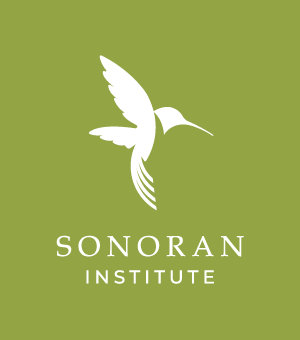Moving Forward, Championing Diversity
The truth is, environmental burdens and benefits are not distributed evenly—not in the US, not in Mexico, and not in most places on this beautiful globe. There are many disparities at various economic levels, and people who have been historically underserved are affected disproportionately. The choices we make in where and how we work can help address these inequities so that each of us can be assured that the water we drink, the air we breathe and the space in which we live is safe, with ample opportunities to live, work and play. We are proud to be a binational organization, but even with offices in Mexico and the US, we know we can do more to meet the challenges we see. For example, we believe we will better serve communities, and increase our abilities to collaborate by having more diversity on our board and staff, and by increasing the number of bilingual staff members.
In times when voices of controversy and conflict are louder than those of comfort and community, we think it’s time not just to walk the talk of diversity, equity and inclusion, but also to talk the walk. We are deepening our commitment and finding ways to learn and improve. It fills my heart to hear voices of my staff in the Tucson office, where I am also based, speak in both English and Spanish depending on the project. During all-staff meetings via video conferencing (both a marvel and sometimes a technological headache) we often experience the need to pause and provide additional translation. It takes a little extra time, and I try to take that moment to remember that the effort is well worth it. We can accomplish more in genuine partnership by building relationships where every voice is heard and respected. To do that it must start with championing diversity inside the organization and together we will carry it through to all our partnerships and projects.
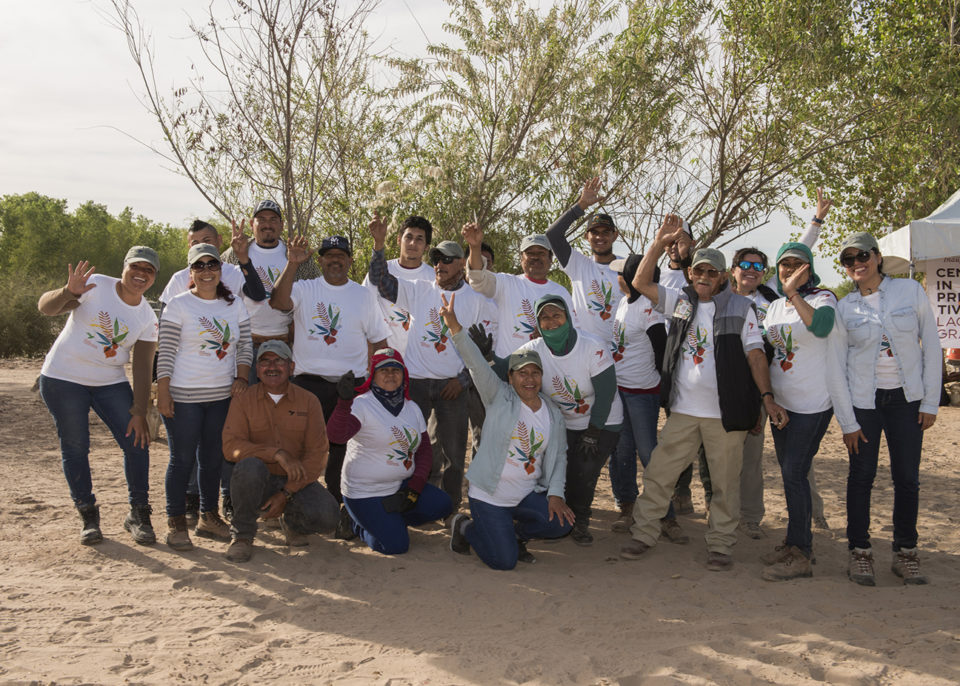
Nearly 30 years ago, the Sonoran Institute was born of a global vision brought home. The recognition that enduring conservation required meeting the needs of people and nature informed how World Wildlife Fund (WWF) had been working successfully in developing countries. In 1991, Luther Propst left WWF and with its support brought that idea to Tucson, Arizona, establishing the Sonoran Institute and becoming its founding Executive Director. That is the foundation that we grow from to meet new challenges.
We now work across the North American West to help connect people and communities to the natural resources that nourish and sustain them. Part of our success derives from ensuring that communities are both caretakers and beneficiaries of our work. We are committed to building local capacity and institutions to carry out conservation, whether it’s building a native plant nursery run by the community, establishing a conservation fund guided by local residents, or assisting local volunteers in running a program to clean up agricultural drainages.
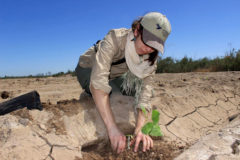
We employ and train staff from communities we work in, provide educational opportunities and experiences in nature for local children and their families, and ensure that conservation contributes to a broader range of benefits to communities.For example, in Mexicali, investments we made in the Las Arenitas wastewater treatment plant improved the quality of treated water released in the Hardy River that is used by farmers and for recreation, while also providing water for restoration.
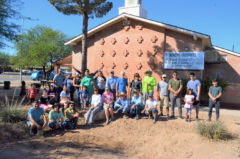
In Tucson, our innovative rain garden created in collaboration with New Hope Church and Watershed Management Group has helped mitigate storm-related flooding, reduce urban heat island effects, and create green, shade-filled spaces.
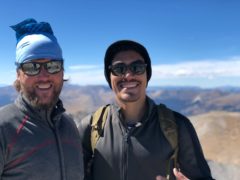
In Colorado—and soon Arizona and Southern California—our Growing Water Smart community assistance program is helping communities in Colorado meet the goals of the Governor’s Water Plan assuring 70% of all Coloradans live in communities that have unified land use and water plans to assure that all of Colorado is assured of ample water and sustainable resources.
We know that more voices, additional perspectives, and new approaches offer better opportunities for success. As a member of our Sonoran Institute family, your input on this topic is important, and our success is yours as well.
Our next step is to create a Diversity, Equity and Inclusion Plan to clarify our goals, define the metrics we will measure, and demonstrate transparency. I look forward to reporting back on our progress. Thank you for being part of our community!
Blog Post By: Stephanie Sklar, Chief Executive Officer of the Sonoran Institute

